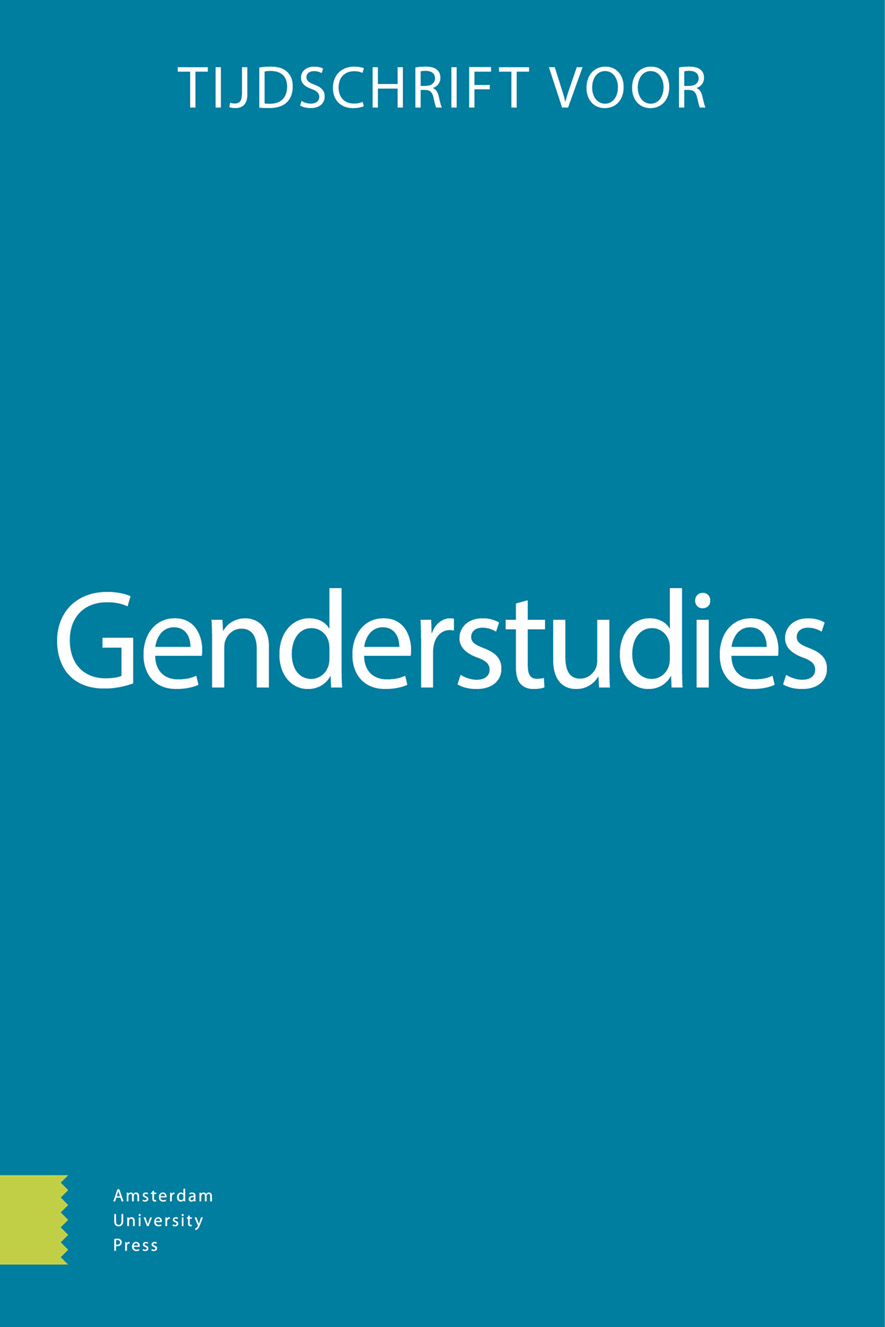-
oa ‘Ze wilden van de feministen af!’
Ongehoorde stemmen in de strijd tegen meisjesbesnijdenis in Egypte
- Amsterdam University Press
- Source: Tijdschrift voor Genderstudies, Volume 18, Issue 3, Sep 2015, p. 311 - 327
Abstract
This article discusses the global campaign against female genital mutilation/cutting (fgm/c) within the context of Egypt and questions the marginalisation of certain forms of activism. Against the background of the development of transnational feminism, it argues that the ‘global campaign against fgm/c’ was successful and reached institutionalisation in the years 2000. The transition from early grassroots feminist activism toward a state-guided campaign was characterized by a more pragmatic and diplomatic approach. The article thus focuses on the political and social conditions that frame local activism and discusses the personal experiences and narratives of activists. The reception of the work of feminist icon Nawal El-Saadawi in the West, shows the obstacles a postcolonial author and activist encounters when wanting to be heard. Fieldwork interviews with prominent Egyptian activists against fgm/c in the 1990s point at similar difficulties. When attempting to express their vision, they found that the scope for challenging dominant gender ideologies narrowed down. The article concludes by arguing that a critical anthropology of development work and the transnational feminist movement offers methodological answers to the question of how marginalized postcolonial voices can be heard or represented.


